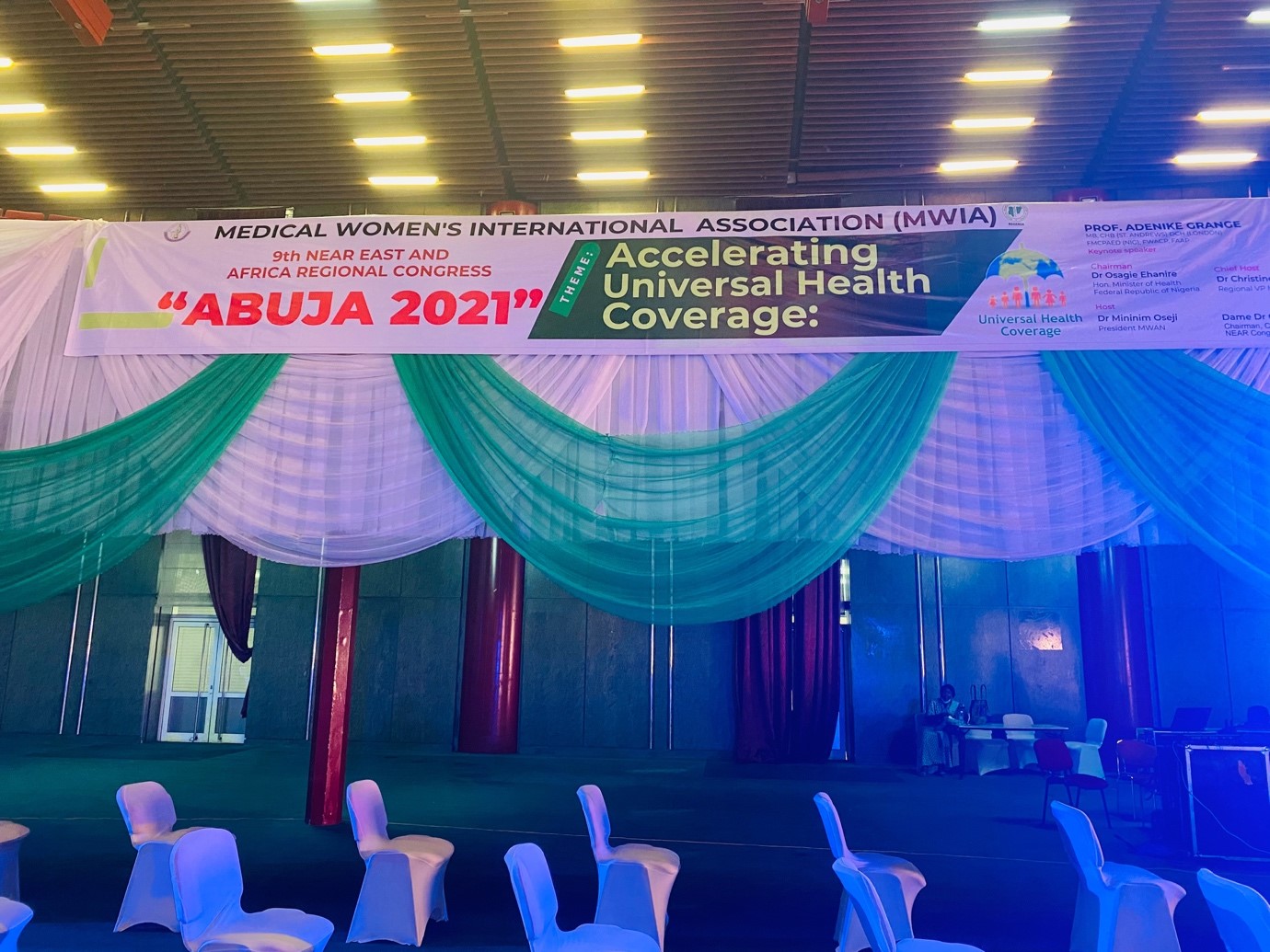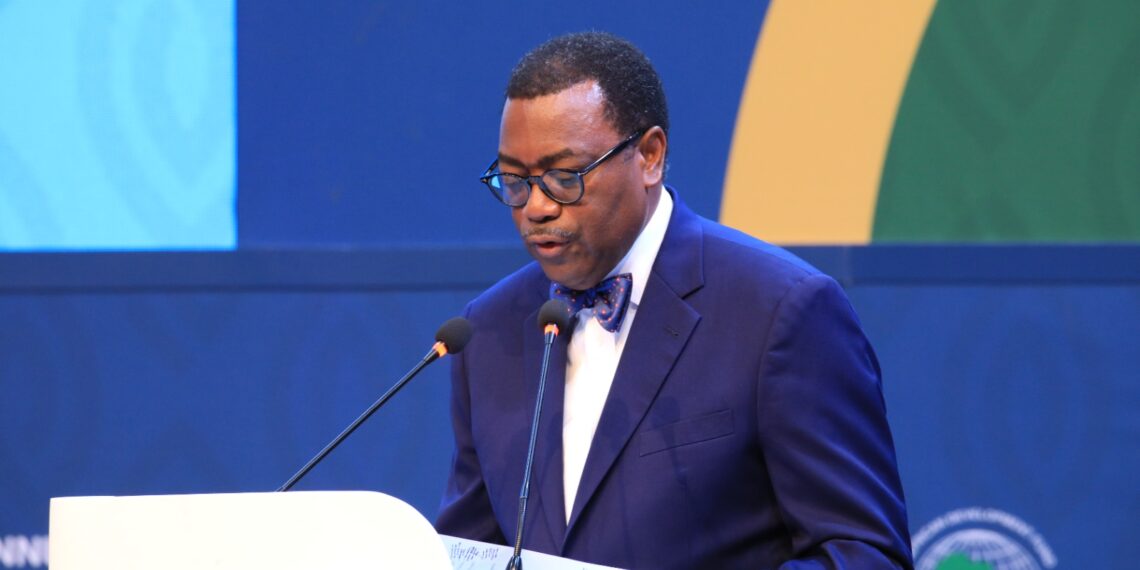
Medical Women’s International Association and PACFAH@Scale Discuss Family Planning Funding Gaps in Nigeria – Implications for UHC
- Health Sector
- No Comment
- 183

Family planning (FP) is central plan to any national human capital developmental strategy. All available evidence points to the fact that family planning is, indeed, an effective strategy for nations to plan for, manage and develop the capacity of its population around development goals. Also, a robust body of evidence exist showing the positive correlation between higher rates of FP uptake, and the reduction of poverty and hunger. In short, Family planning has implications for any nation’s ability to achieve security, peace, and to deliver a range of health services including maternal, child health as well as essential health services. In the absence of a strong family planning strategy the impact of expanded universal health service coverage will be mitigated by dynamic population growth.
While these assumptions of the benefits of family planning underpin most Federal and state government’s maternal and other health policies in Nigeria, commitment to FP in the form of allocation of funds from the public coffers remain insufficient and sub-optimal. Nigeria, therefore, is said to be experiencing a funding gap in family planning financing. This gap is of tremendous concern to multiple family planning stakeholders in the country including end-users of husbands and wives wishing to access such services, service providers working to save women’s lives in facilities, and further, health policy makers in Ministries of Health. All stakeholders are desirous of adequate funding for family planning.
To address such issues a key stakeholder in the Family Planning space, Nigeria Medical Women convened a panel discussion to discuss the FP funding gap. The panel was convened on the 26th of March 2021, at the International Conference Centre Abuja as a side session within the Medical Women’s International Association’s regional congress supported by the Partnership for Advocacy in Child and Family Health at Scale project which is implemented by the development Research and Project Centre’s (dRPC), an indigenous Nigerian NGO and funded by the Bill and Melinda Gates Foundation. The overarching theme of the 4-day regional conference was – Accelerating Universal Health Coverage: priorities, opportunities and challenges. The Family Planning Funding Gap Panel of the International Medical Women Conference consisted of Munira Aminu from the West African Institute of Public Health’s Young Professionals in Public Health (WAIPH’s YPPH); Dr Ejike Oji, Chairman Association for the Advancement of Family Planning (AAFP-PAS); Dr. Rahila Mukhtar, Medical Women’s Association of Nigeria Kano Chapter and Ms. Amina Ado an Engineer, Policy Analyst and Public Finance Expert.

The panellists discuss the issues, fielded questions from the audience and drew from experiences of other African countries to demonstrate possibilities for adequate funding and service delivery of FP in Nigeria.
The most consistent and overarching point made by panellists was funding followed commitment. By drawing from the evidence from Kenya, Ghana, Tanzania and other African countries, the panellists argued again and again, that when national governments are genuinely committed to family planning due to a recognition of the intersectionality between FP and other aspects of development, government becomes consistent in laying out programs which support FP service delivery. Most especially, national government’s make adequate funding provisions through innovative mechanisms such as public private partnerships, taxations or even cost savings integrating FP into essential health services.
For example, citing the case of Ghana, Dr Ejike Oji, Chairman, Technical Committee of AAFP noted that in Ghana, the government was committed to increasing the number of women accessing modern contraceptive methods, stating that the Ghanaian government sought to increase the number of women using modern contraception from 1.4 million in 2015 to 1.9 million in 2020 by improving access to availability of services at all levels. This he noted led to the country’s successfully increased the CPR prevalence among currently married women or women in union from 22% to 29% by improving access in peri-urban and rural areas. As well, the Ghanaian government has displayed its commitments in supporting sexual and reproductive health interventions to increase the percentage of sexually active adolescents that use modern contraceptive methods from current levels of 31.5% to 35% by 2020.
Panellists also discussed the case of the Government of Tanzania’s commitment to improving its national allocation for family planning commodities and 7.4 million USS$ by 2020. In Kenya, the government of the country in recognition of the benefits of family planning and the evidence that quality family planning can drive development committed to increase the modern contraceptive prevalence rate from 61% to 66%.
In another African country, Malawi, the CPR rate is said to be improving as a result of advocacy measures. The government in Malawi, has a team of medical doctors and educators that council adolescents and provide options for the sexually active pupils. According to panellist’s advocacy is central to this discussion in ensuring that funding is provided and accountability and transparency of how the money is utilised is followed up on. Advocacy further ensures that outcomes are measured. Against this background, panellists and members of the audience commended PACFAH@Scale project as one of the only donor funded interventions that consistently supported civil society organisations to be able to train local level accountability mechanisms such as the state level accountability mechanisms, the advocacy working groups at the state level.
The forum ended on a position note that key findings and lessons learned from other African countries will be shared with Nigerian policy makers as an outcome of the panel’s deliberations. Importantly, the panel ended with a recognition of the need to advance advocacy to educate and expand understanding around the intersectionality of FP and the multiple sectors of development.





